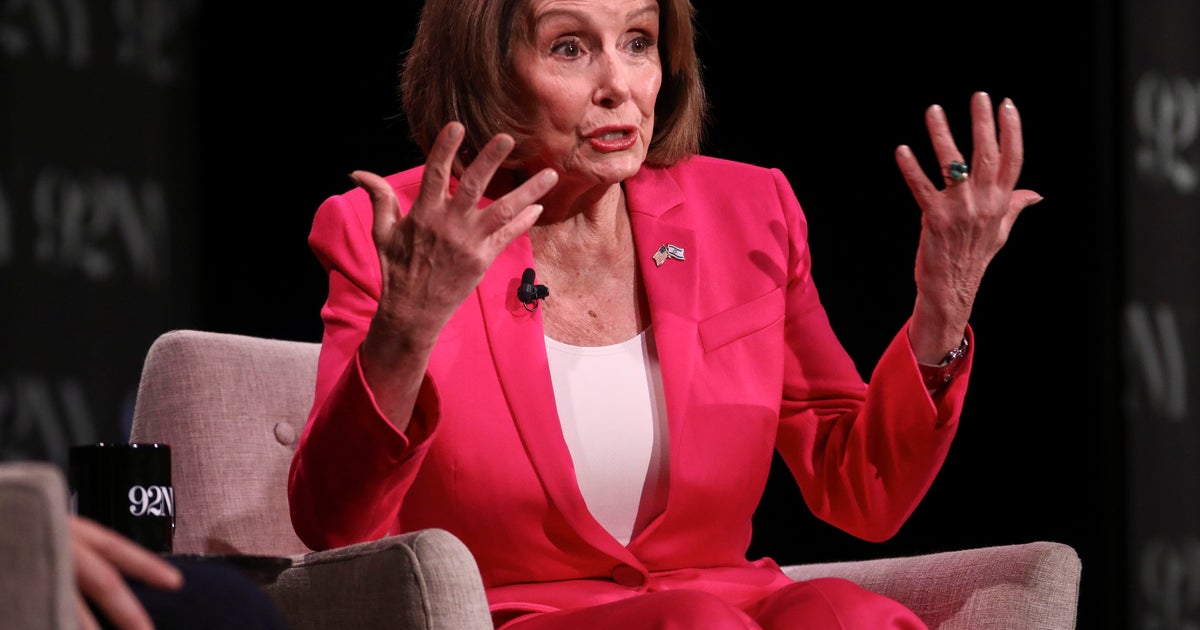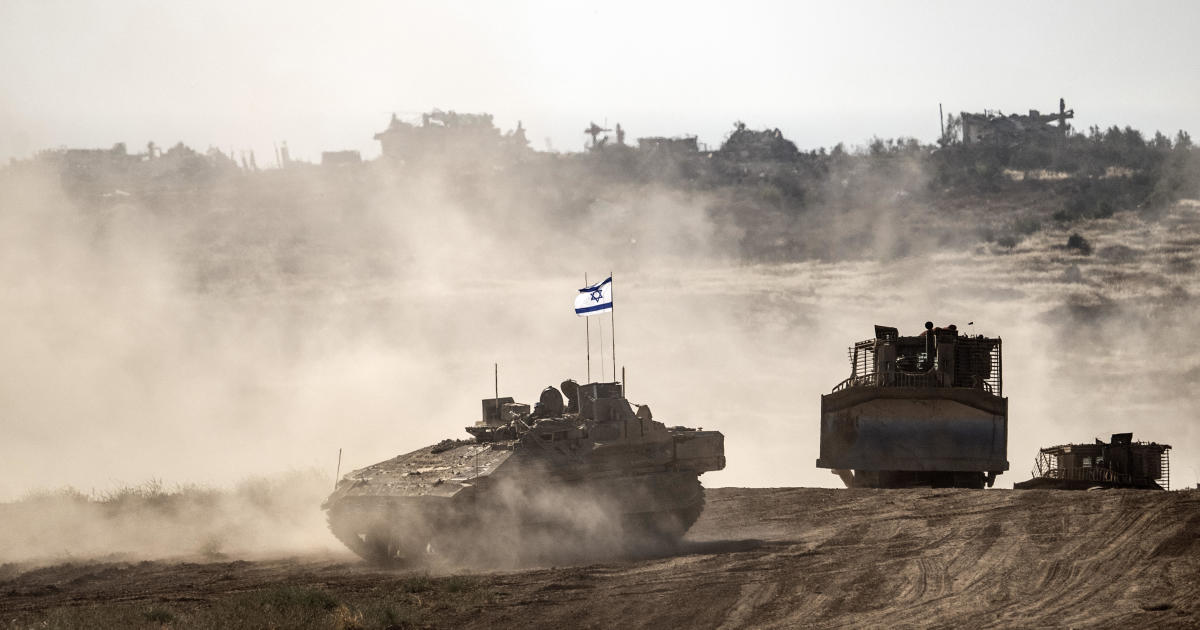Biden's U.N. ambassador says the Palestinians and Israel should "avoid actions that undermine a peaceful future"
U.S. ambassador to the United Nations Linda Thomas-Greenfield told world leaders on Sunday that the U.S. will lend support "should the parties seek a ceasefire, because we believe Israelis and Palestinians equally have a right to live in safety and security."
Fighting between Israel and Hamas started nearly a week ago, with over 180 Palestinians and eight Israelis dead as of Sunday, making it the worst fighting in the region since 2014.
The U.S. has been engaged in diplomacy with Israel and with Palestinian leadership as well as Egyptian, and Qatari officials, Thomas-Greenfield said, to achieve conditions for "a sustainable calm."
On Saturday, the White House said President Biden spoke with both Israeli Prime Minister Benjamin Netanyahu and Palestinian Authority President Mahmoud Abbas to stress the need for Hamas to stop firing rockets into Israel and encourage an end to the violence.
Thomas-Greenfield outlined the U.S. position on next steps for both Israel and the Palestinians.
"The United States calls on Hamas and other Palestinian groups in Gaza to immediately halt rocket attacks and other provocations," Thomas-Greenfield said. "We also are deeply concerned about the ongoing intercommunal violence within mixed communities in Israel. We urge all parties to avoid actions that undermine a peaceful future. This includes avoiding incitement, violent attacks, and terrorist acts, as well as evictions – including in East Jerusalem – demolitions, and settlement construction east of the 1967 lines. And critically, all parties need to uphold and respect the historic status quo at the holy sites."
U.N. Secretary General Antonio Guterres said that the world body is "engaging all sides toward an immediate ceasefire."
The Israeli ambassador to the U.N. and U.S., Gilad Erdan, told the Council that Hamas had "indiscriminately fired deadly missiles at Israeli civilians while hiding behind Palestinian civilians."
"This is not the first time that Hamas has indiscriminately fired deadly missiles at Israeli civilians while hiding behind Palestinian civilians," Erdan said. "But this time it's different."
Erdan said that even after recent violent violence, "Israel remains committed to the status quo and to religious freedom for all. Do you really believe these peaceful prayers is what caused Hamas to launch this large-scale attack on the people of Israel?"
In a televised address, Israel's Prime Minister Benjamin Netanyahu said Sunday that the attacks were continuing at "full-force" and will "take time."
Netanyahu reiterated that message in an interview Sunday on "Face the Nation," saying that "any country has to defend itself."
The Palestinian representative at the meeting, Foreign Minister Riad Al Malki said, "The Palestinian people have risen everywhere, because they are victims everywhere."
Russia's Deputy Minister of Foreign Affairs Sergey Vershinin repeated his country's call for an urgent meeting of the U.N.-created "Middle East Quartet," including the U.N., the European Union, Russia and the U.S. to try to resolve the conflict.
The U.N. Middle East envoy who briefed the Council, Norwegian diplomat Tor Wennesland, on Sunday called for all "armed groups to take immediate and decisive steps to de-escalate the situation and prevent any further loss of life." Wennesland warned last week that the conflict could lead to "a full-scale war."
And France's Ambassador Nicolas de Riviere said, "The priority is to end all violence. The political process needs to be restored."
Egypt, which has been engaged in diplomacy to de-escalate the conflict, had its Foreign Minister speak to the U.N. meeting on Sunday. Sameh Shoukry lamented that hope that there was for peace in the past has waned and appeared to be signaling to parties to the conflict how to proceed, saying "concessions must be made as a price to be paid for peace."
In his conclusion, China's Ambassador Zhang Jun, who chaired the meeting as president of the Security Council for May, said there was "overwhelming consensus" in the meeting and anticipated a statement to be issued by the Council.




